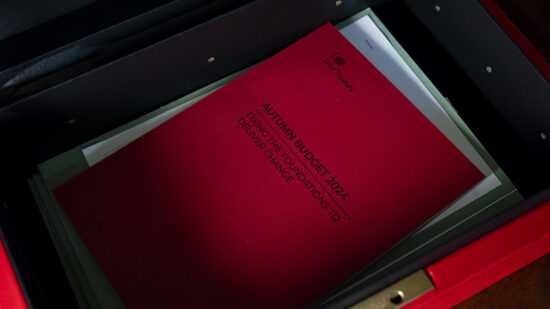The pension provider said that 40 of the 50 transfer requests made since the start of the year were found to be fraudulent.
Aegon subsequently blocked the dodgy transfers in order to protect those savers who had unwittingly authorised the transfer from losing their pension savings.
Significant trend
The company’s crime team said fraudulent transfer requests were a “significant trend” and – while there are a number of safety measures in place to investigate overseas transfers – it advised pension savers and schemes to be vigilant.
Aegon said fraudsters have typically been targeting smaller pensions of around £30,000, initially promising to carry out a pension review before transferring the money overseas.
Once the cash has left the country, the victim could either lose their entire pension savings or face a tax bill of up to 55% and other additional fees when the pension pot is recovered.
Unscrupulous
Aegon said that while QROPS can be perfectly legitimate, schemes are increasingly being marketed by unregulated companies which also take a cut to cover administration fees.
“The new pension freedoms have given people far greater choice about how they access their pension, but unfortunately this has opened the door for scammers,” said Kate Smith, regulatory strategy manager at Aegon UK.
“Fraudsters are not only plausible but are also highly persuasive and it can be all too easy to fall for their polished performance, unless you are on your guard.
“We’re seeing more and more sophisticated ways of unscrupulous people getting their hands on people’s retirement savings and it’s not just the over 55s who are being preyed on, younger customers are being targeted too.”
Aegon advised pension holders to ensure they fully understand what they are signing for and not to approve the transfer if they are in doubt.
Earlier this month, HM Revenue & Customs cut thousands of QROPS from its list of recognised overseas pension schemes.








